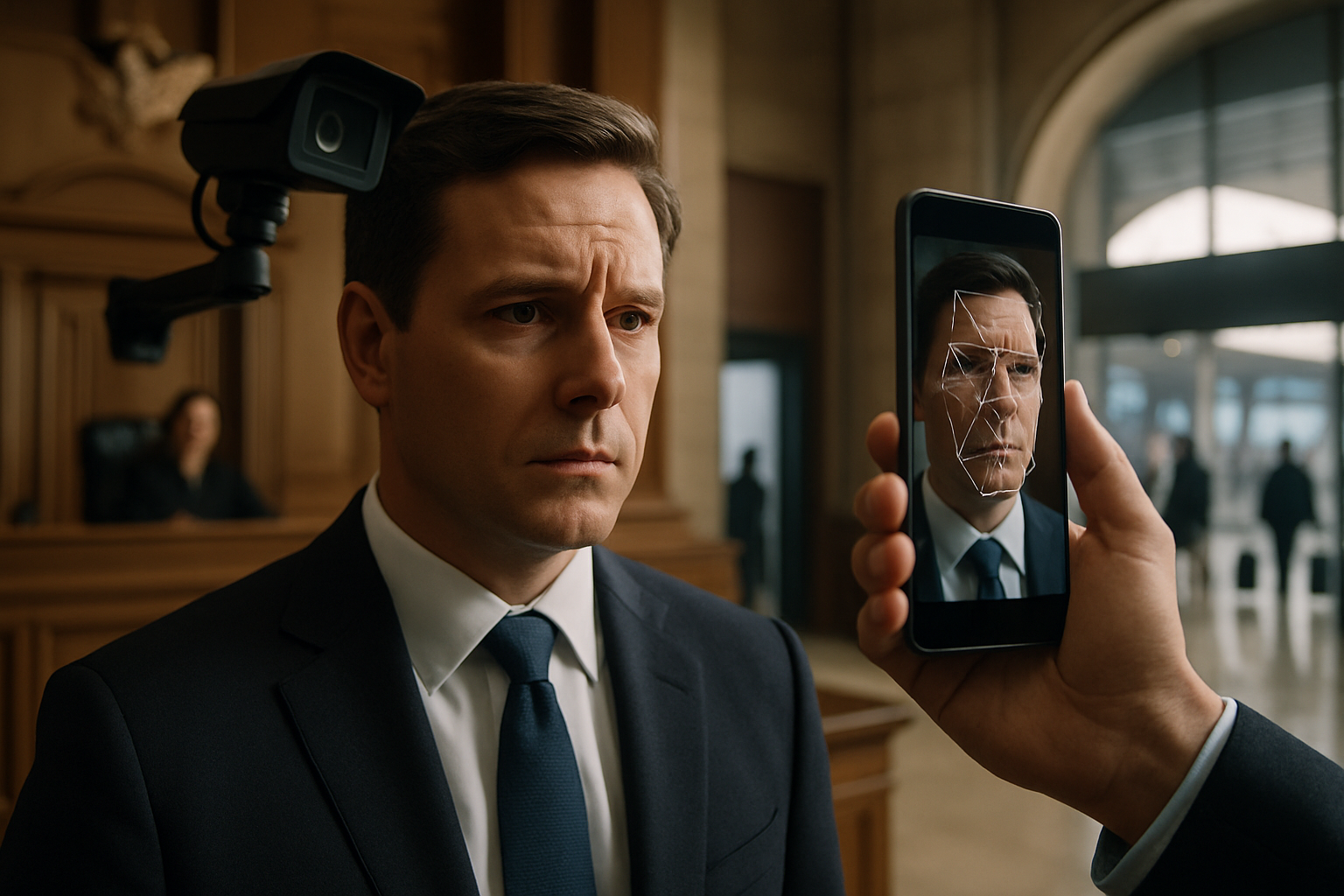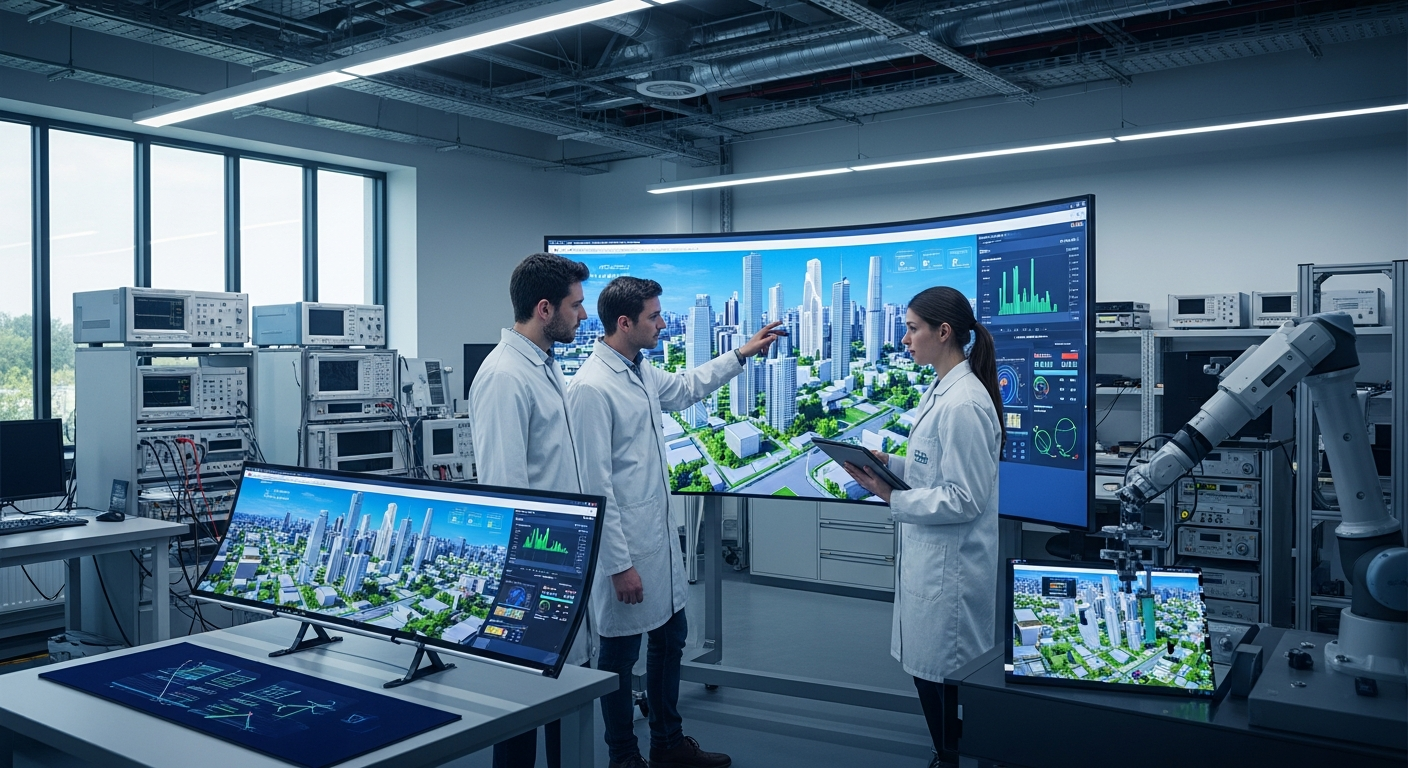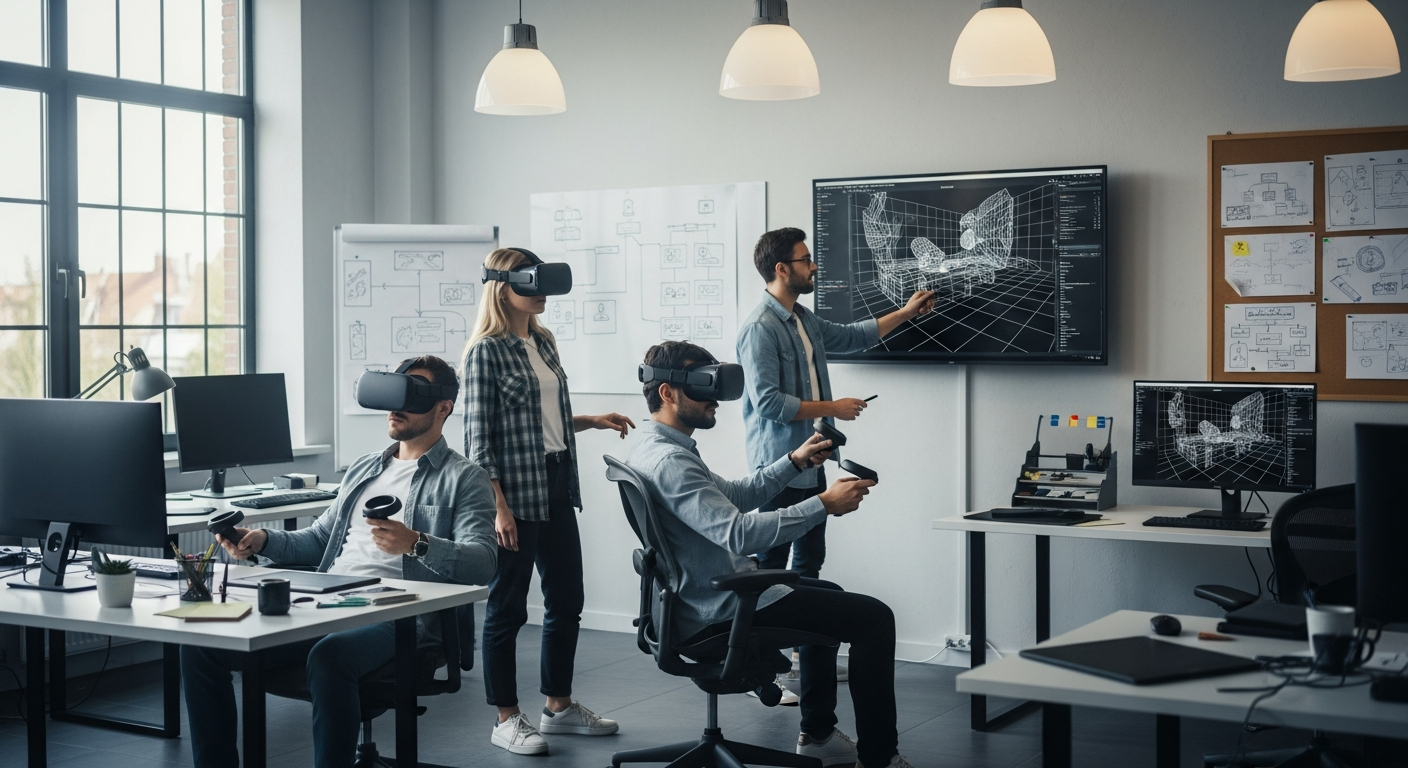The Intersection of Technology and Law: The Case of Facial Recognition Software
As technology continues to evolve at an unprecedented pace, it brings with it a host of legal conundrums. One such technological development that has been a hotbed of legal discussions is facial recognition software. This article delves into the historical context, key legal developments, and societal implications of this cutting-edge technology.

The Birth and Growth of Facial Recognition Technology
Facial recognition technology is no longer a thing of science fiction. It has found its way into our daily lives, from unlocking our smartphones to enabling security systems in airports. The technology, which uses biometrics to map facial features from a photograph or video, was initially developed in the 1960s. However, it did not gain widespread traction until the 21st century, when advancements in artificial intelligence and machine learning propelled it to new heights.
Facial Recognition Technology in the Eyes of the Law
As the use of facial recognition technology has grown, so too have the legal debates surrounding it. The technology’s potential for misuse has raised concerns about its alignment with privacy rights, leading to a demand for clear and comprehensive legislation. In the United States, San Francisco became the first city to ban the use of facial recognition technology by city agencies in 2019. Other cities like Oakland and Boston soon followed suit. However, there is still no federal law that explicitly regulates the use of facial recognition technology.
Recent Legal Developments
In recent years, the legal landscape surrounding facial recognition technology has evolved significantly. Several lawsuits have been filed against tech giants for alleged misuse of the technology. In 2020, for instance, a class-action lawsuit was filed in Illinois against Clearview AI, a tech company that created a facial recognition app. The plaintiffs alleged that the app collected and stored data without user consent, violating the Illinois Biometric Information Privacy Act.
Societal Implications and Future Prospects
The use of facial recognition technology has far-reaching implications for society. While it can enhance security and convenience, it could potentially infringe upon civil liberties if misused. The tech industry, lawmakers, and society at large must therefore navigate the delicate balance between technological progress and the preservation of privacy rights.
The future of facial recognition technology will likely be shaped by the legal frameworks that are established to regulate its use. As such, it is crucial for lawmakers to stay abreast of technological advancements and their potential legal and societal implications. Whether the future holds stricter regulations, self-imposed industry standards, or a combination of both, one thing is certain: the dialogue surrounding facial recognition technology and the law is bound to remain a compelling topic of discussion in the years to come.






